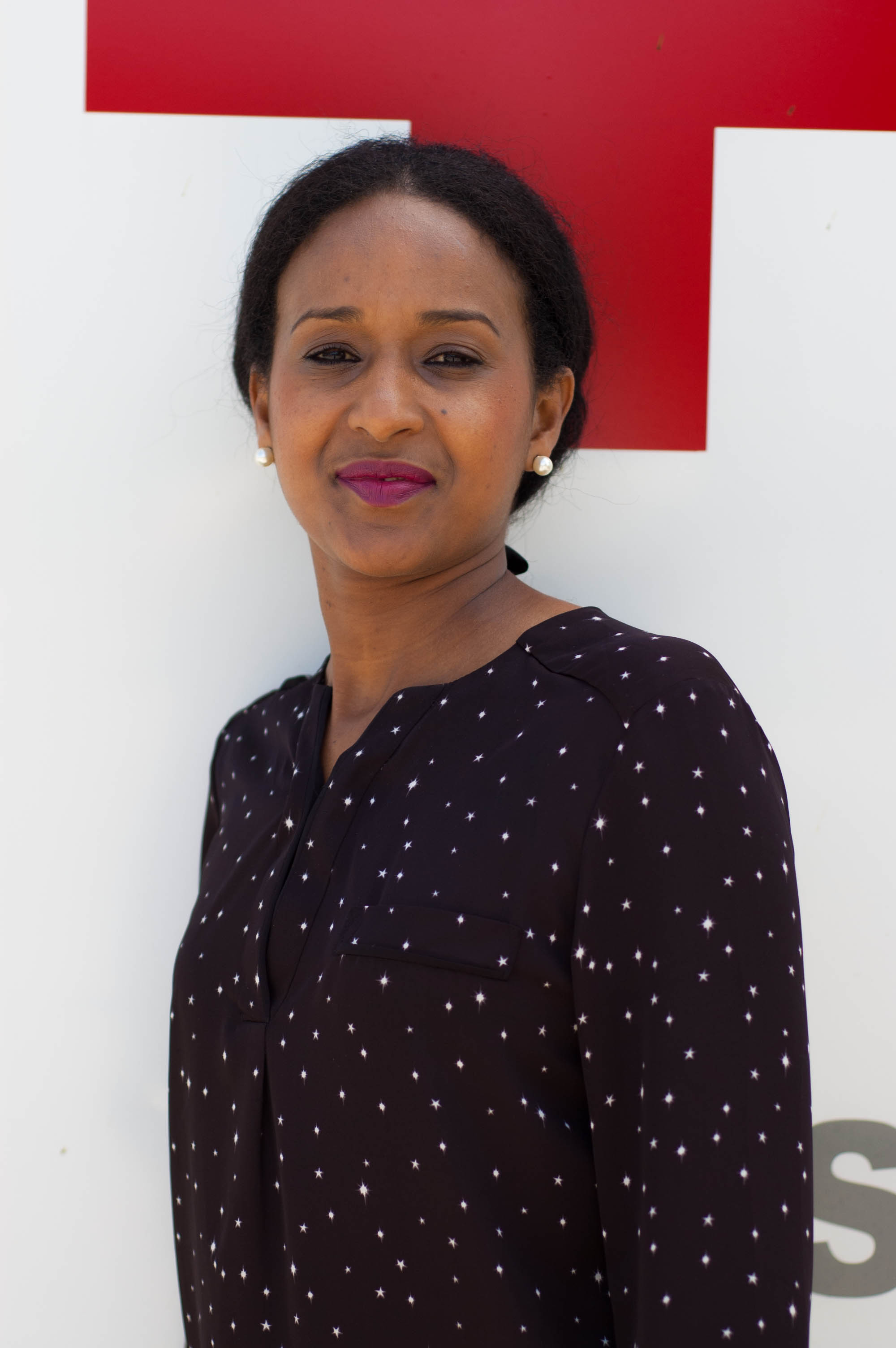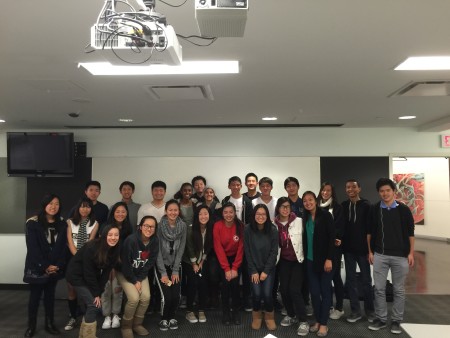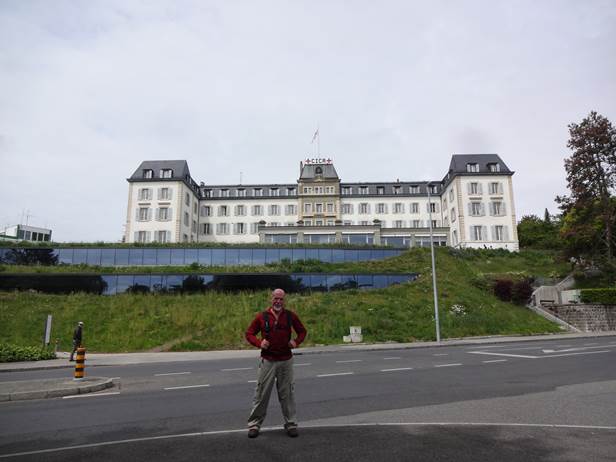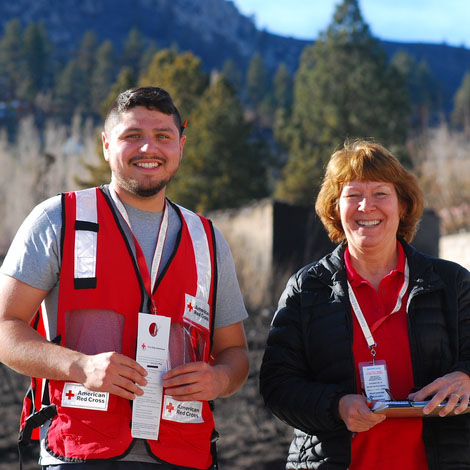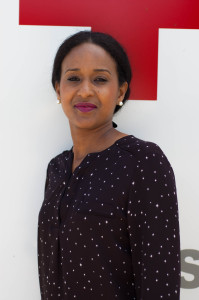 I grew up in Eritrea, a country in Africa. I am a volunteer caseworker with the American Red Cross in a program called Restoring Family links. How I came to do this is a very personal story.
I grew up in Eritrea, a country in Africa. I am a volunteer caseworker with the American Red Cross in a program called Restoring Family links. How I came to do this is a very personal story.
People suffer tremendously when they lose contact with, or receive no news from their loved ones. The Restoring Family Links service of the American Red Cross plays an important role in restoring and maintaining contact between family members and loved ones by sending Red Cross messages. Red Cross Messages can be accepted from family members who have no other way to re-establish communications with: a refugee and displaced person in another country.
I was introduced to the Red Cross Messages back in 1998 during the conflict between Eritrea and Ethiopia. My cousin, who was living in Ethiopia, was detained by the Ethiopian government when the conflict arose. There was no normal means of communication to re-establish contact with him. At that time Red Cross Messages were the last resort.
When the family members found out that he had been detained in Ethiopia, we were told to try the Red Cross Messages. We did, and within a few short days we received a response from my cousin, telling us that he was well and alive. That simple message meant the world to us, and eased the minds of our family and brought tears to me when I recognized his hand writing.
At that time, I was only aware that Red Cross Messages helped to restore and maintain contact between family members and loved ones in times of armed conflict, but after I took the Restoring Family Links Caseworker training, I came to understand all of the services that are provided by the Restoring Family Links program. The Restoring Family Links Program provides the following services: Tracing Inquiries, World War II Documentation Requests, International Disaster Tracing, Health and Welfare Inquiries, Red Cross Messages, Certificates of Detention, ICRC Travel Documents and Information and Referral Services. I was inspired to invest my time to bring people together who have been split apart no matter what the reason because I had experienced that kind of pain myself.
I wanted to share a recent case I worked on. As part of my role as a volunteer in the Restoring Family Links Program, my colleague and I recently had to do two home visits as part of the International Health and Welfare Inquiries searching process. Our process is to try and contact relatives through our database, and we needed special permission to actually try to deliver the Red Cross message to the client at home.
So, after exhausting the tracing resources available to us, we scheduled a home visit. Before we went to the client’s house, we prepared a letter to leave behind in case no one was at home. Since it was my first time going out for home visit I was excited to see the outcome. When we located the address, the people we needed to see were not living there, so we spoke to the landlord and neighbors. We were informed that one of the clients had passed away but she was survived by her son. We visited the son’s address and were able to deliver the Red Cross Message to him, and we were able to locate a second client because of the information we got from the landlord.
It has been a wonderful and successful experience to me working with the American Red Cross in Restoring Family Links program, and I will continue to invest my time in helping others, just liked I was helped.
Muzit Mengesha was born in Eritrea, and studied for an advanced degree in International Humanitarian Law and Business Law in India. She recently moved with family to the United States, where she is a volunteer in the Red Cross Los Angeles Region.

